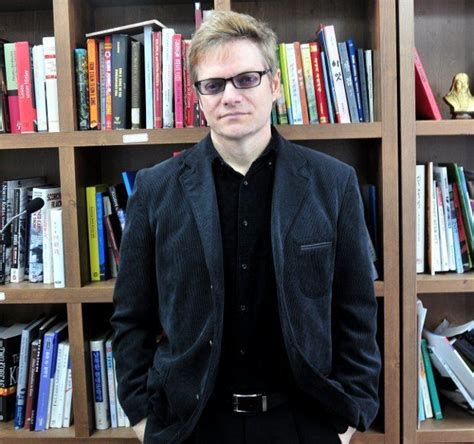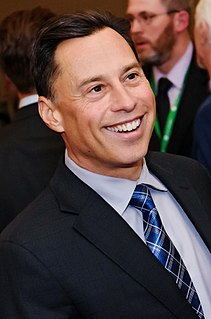A Quote by Michael Spence
China's economic transformation began with the introduction in the 1980s of market incentives in the agricultural sector. These reforms were followed by a gradual opening to the global economy, a process that accelerated in the early 1990s.
Related Quotes
The recent period has been marked by a transformation to an economy that is more productive as competitive forces become increasingly intense and new technologies raise the efficiency of our businesses...While these tendencies were no doubt in train in the "old," pre-1990s economy, they accelerated over the past decade as a number of technologies with their roots in the cumulative innovations of the past half-century began to yield dramatic economic returns.
I believe in market economics. But to paraphrase Churchill - who said this about democracy and political regimes - a market economy might be the worst economic regime available, apart from the alternatives. I believe that people react to incentives, that incentives matter, and that prices reflect the way things should be allocated. But I also believe that market economies sometimes have market failures, and when these occur, there's a role for prudential - not excessive - regulation of the financial system.
China reformed its state sector before, in the late 1990s. Tens of millions were laid off at the time. That was scary and we had warnings of social unrest. But it did not happen. Instead, there was a restructuring in our economic system. I am not sure if China will follow a Western playbook in this respect.
When I first saw China, there were no automobiles. There were no supermarkets. There were no high-rise buildings. There were no consumer goods. There were no restaurants that were at least accessible that foreigners could see. It was a Stalinist society, and a very poor Stalinist society. So the economic system has totally changed, and the private sector in the economic system is now the dominant sector. It didn't exist at all as late as 1979.
Ontario's auto sector is a cornerstone of our economy - a key source of our ability to export, innovate and create jobs. In this highly competitive global economy, we need to drive further investment and ensure the sector remains strong. I am confident that this new partnership, with Ray Tanguay's strategic advice and leadership, will allow Ontario to increase our competitiveness, productivity, and market share in the auto sector, and I look forward to their important work contributing to a more prosperous, innovative Ontario economy.
You cannot just depend on the market, because the market will say: China needs oil; China needs coal; China needs whatever, and Africa has got all these things in abundance. And we go there and get them, and the more we develop the Chinese economy, the larger the manufacturing is, the more we need global markets - sell it to the Africans which indeed might very well destroy whatever infant industries are trying to develop on the continent. That is what the market would do.



































